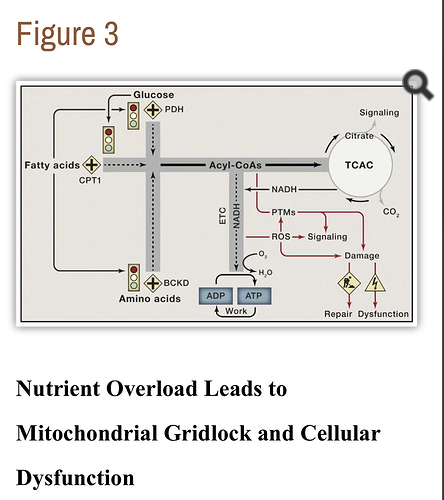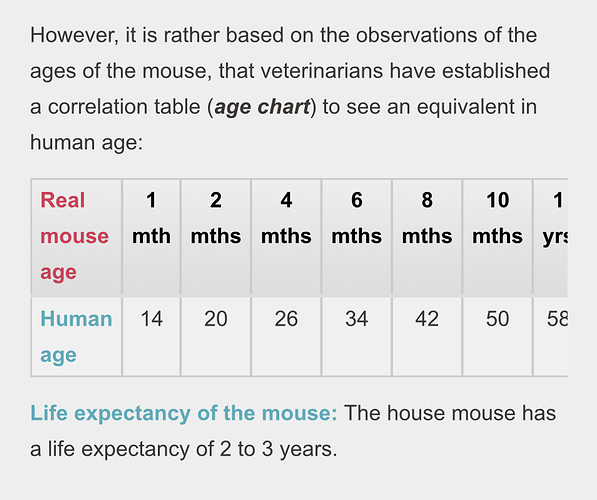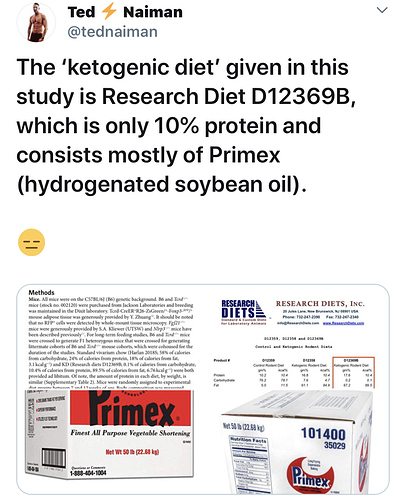Diet can heal a lot, but one week vs years of wrong eating…? I know some people believe everything but it’s still crazy.
Me if the diet is enjoyable and healthy… If not, I don’t do it for a week either… It’s more like a lifestyle for me but diet is included. Not eating when hungry not.
I couldn’t fully and thoroughly read the article, the clearly wrong things annoyed me. It’s usually not 1% carbs and no, keto doesn’t “trick” the body to burn fat. My body always used pretty much fat for fuel, it’s somewhat different on keto, of course but it was almost never my bodyfat. It’s a nice diet and lifestyle for the ones who feel good on it (no diet is really good for everyone without exceptions and keto can be done very differently too) but it’s still not magic. And it’s not really a trick, it’s natural to use fat when there isn’t much else 
I don’t really care about such general things even if they would be believable. I care about my own ideal lifestyle when I choose what to eat. And the response of my body was very clear. It’s the case for zillion people. A week? Okay, I used even days when I wasn’t ready for more and they were useful but the real big changes came months later. Just for many other people. The first week(s, even months) are even hard for most people! Many good things need time.
And mice? I don’t think my behaviour mimics the one of lab mice. My body works differently from many people… Let alone mice. And I choose my food, poor mice had no such options and they have a different relationship with carbs… I get it, it’s easy to experiment with mice but we shouldn’t be certain humans are the same as they are far from that. (But if there would be experiments with humans without enough options in a lab/prison environment, I still wouldn’t think it has much to do with me. And overeating is complex, it’s not just biology and chemistry. Many humans could overeat but find a way not to. And it often solves many problems.)








